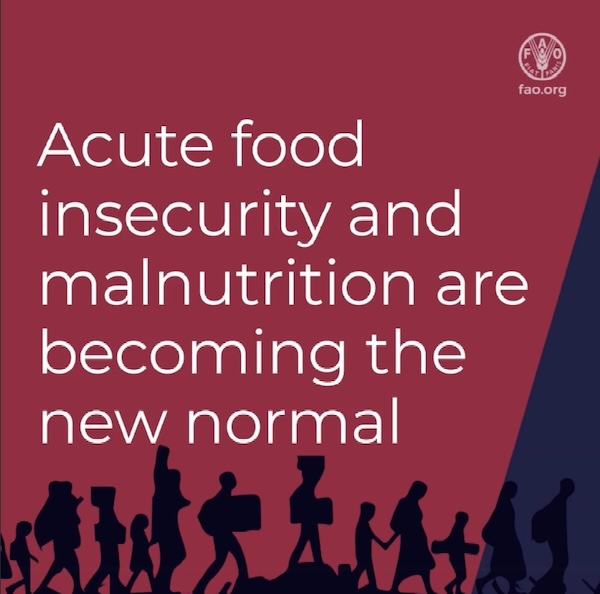Highlights
Director-General
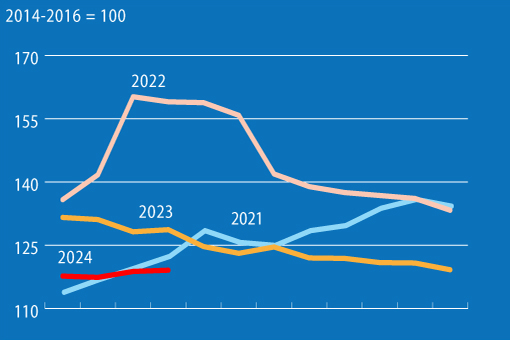
News
FAO Food Price Index up marginally in April
Rising international quotations for meat, cereals and vegetable oils offset drops for dairy and sugar
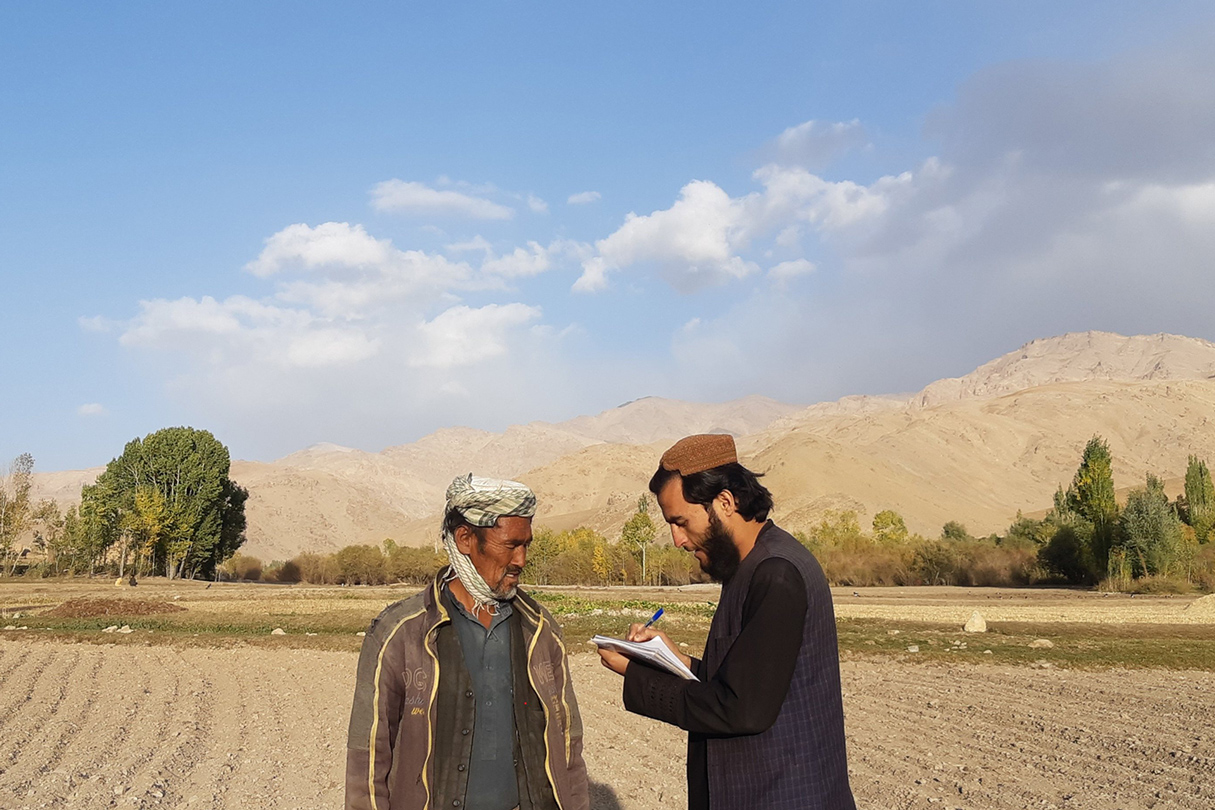
Story
Carpe data, carpe DIEM
How FAO's state-of-the-art data platform is speeding up emergency relief operations in Afghanistan and beyond.
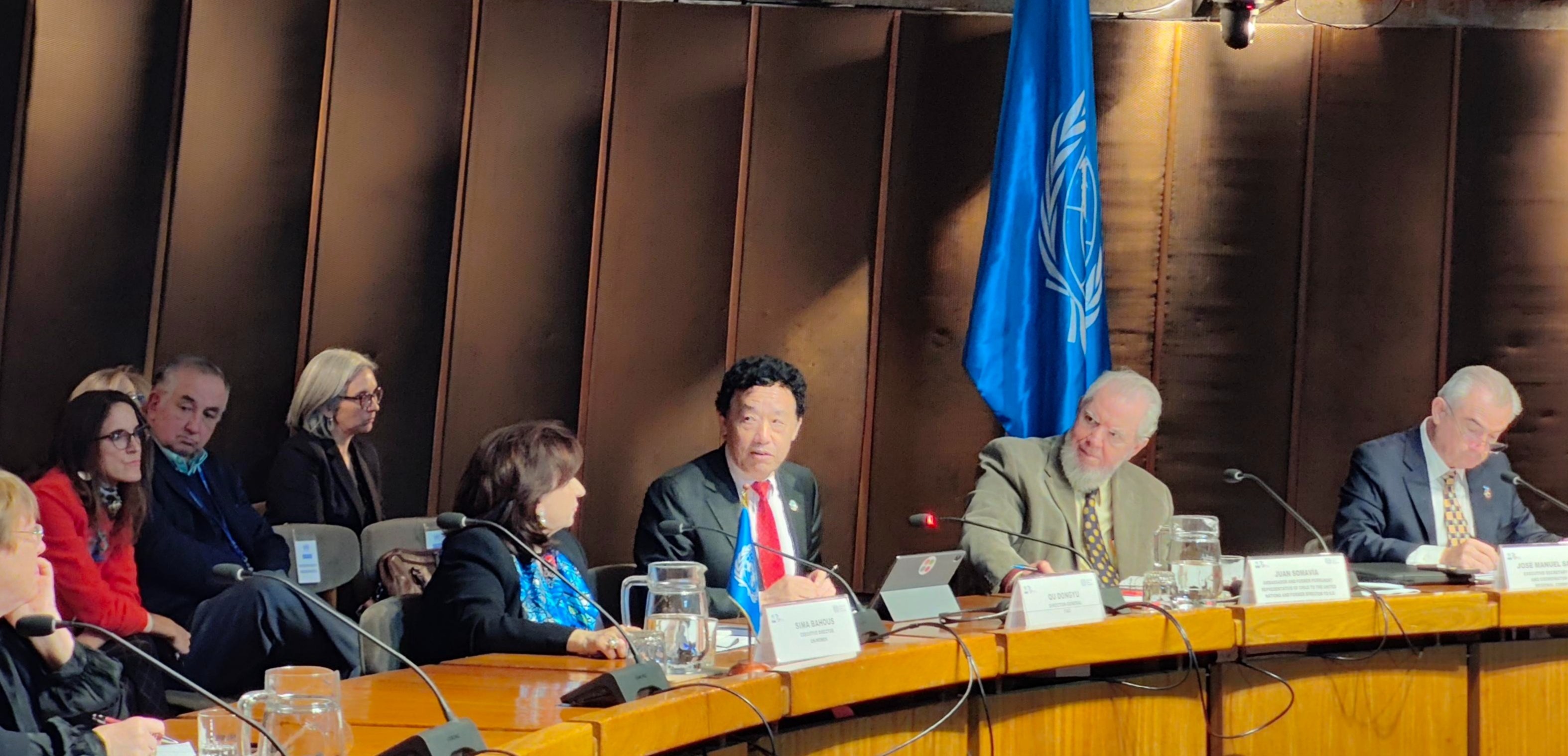
QU Dongyu urges renewed progress towards world without poverty and hunger
He addressed the UN Economic Commission for Latin America and the Caribbean (ECLAC), in Santiago.
.jpg?sfvrsn=2a4833f_11)
Interactive story
Transforming forests with technology and innovation
Discover how the groundbreaking Open Foris platform can restore and protect forests.
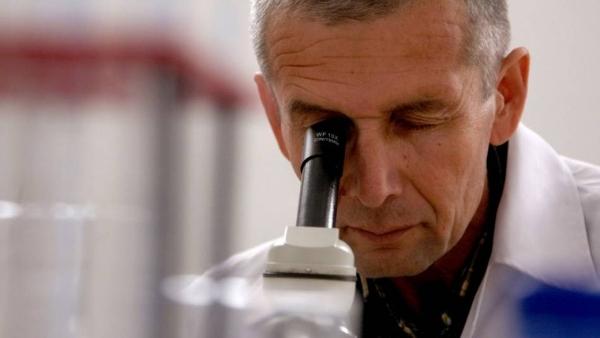
In Focus
How is antimicrobial resistance jeopardizing food security?
Antimicrobial resistance (AMR) is becoming a prevalent and dangerous threat. Learn how FAO is tackling the issue.

In Focus
FAO response to global food security challenges
Data analyses, policy recommendations, and actions on the ground.
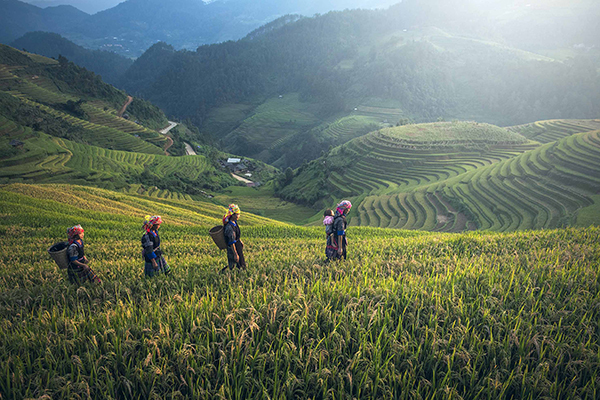
Publication
Agrifood solutions to climate change
Learn how sustainable agrifood systems can help countries and communities build resilience amid a worsening climate crisis.
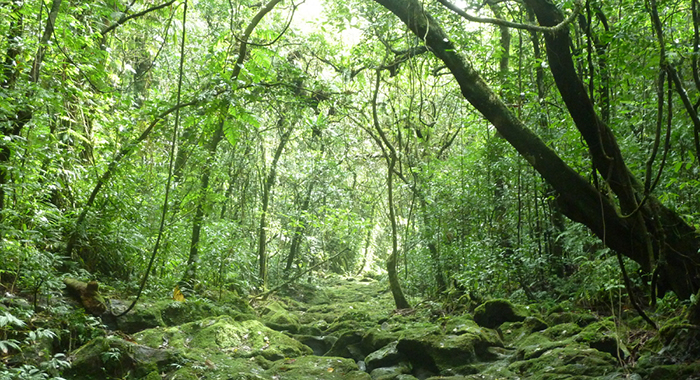
In Focus
Why forests matter to us all
Forests provide livelihoods, improve soil quality and so much more!
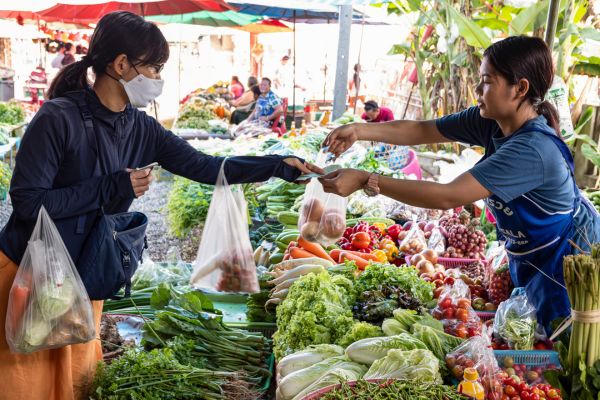
Data
Monitoring and analyzing food prices
Access the latest information on domestic prices of basic foods in developing countries.
Director-General

QU Dongyu urges renewed progress towards world without poverty and hunger
He addressed the UN Economic Commission for Latin America and the Caribbean (ECLAC), in Santiago.
Join the conversation
Voices of Impact
Towards durable solutions: The transformative power of agriculture in refugee settings
06/05/2024
Uganda and Kenya are home to large refugee populations who are dependent on food assistance for survival. However, refugees often share that they do not want to rely on humanitarian aid for their livelihoods. Watch the video and see how agriculture long-term solutions are transforming their lives by building self-reliance and resilience to climate change while contributing to local peace.
Video
Can you imagine a world without plants?
12/05/2023
Plants produce most of the food we eat. Protecting plants means protecting life.
Podcast
FAO Brief - Food crises, maize shortfall, and FPI
06/05/2024
In this episode, over 282 million people in 59 countries suffered acute food insecurity in 2023, according to the Global Report on Food Crises; FAO warns about the food insecurity threat in Southern Africa posed by a foreseen shortfall in maize production; and the Food Price Index increases marginally in April, driven by higher meat prices.
Data
FAO Food Price Index 2021-2024
Source: https://www.fao.org/worldfoodsituation/foodpricesindex/en/
2020 World
31.2%
2010 World
31.5%
In depth
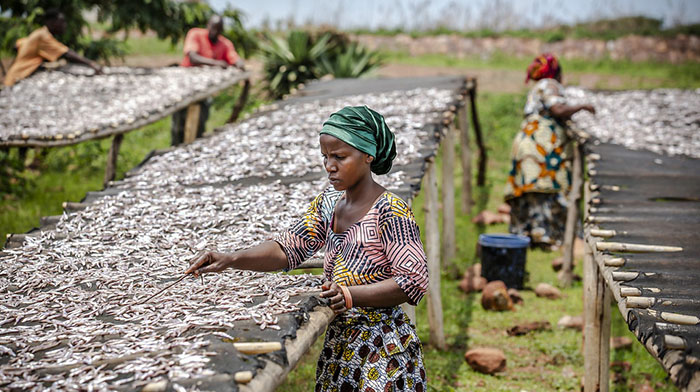
In Focus
Annual funding overview
Thanks to continued trust and growing financial support from our Resource Partners, FAO is working to create a world without hunger or poverty.
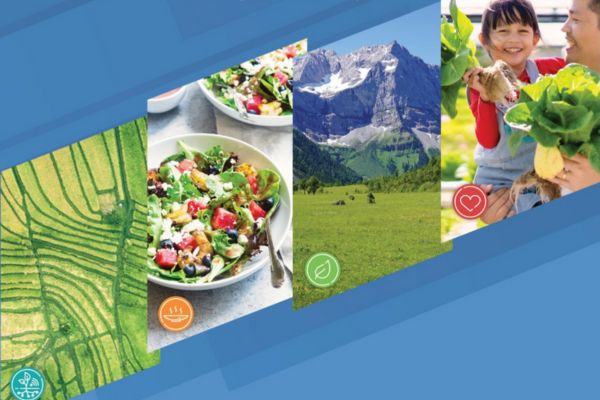
Publication
Medium Term Plan and Programme of Work
The Director-General’s Medium Term Plan (Reviewed) 2022-25 and Programme of Work and Budget 2024-25.
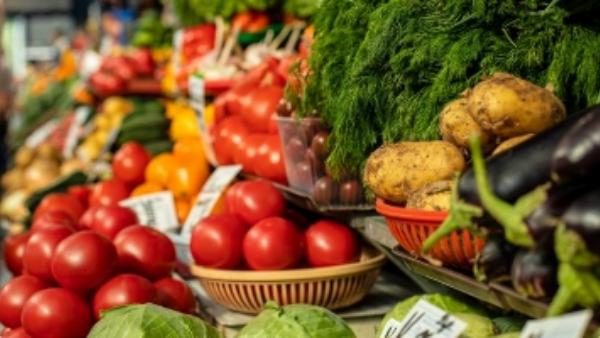
In Focus
FAO Data Lab
The FAO Data Lab for Statistical Innovation modernizes the statistical business process, with a specific focus on emergency contexts, when having access to timely information is very important.
FAO and the SDGs
Hover the mouse over an SDG icon for more information
A world free from hunger and malnutrition where food and agriculture contributes to improving the living standards of all
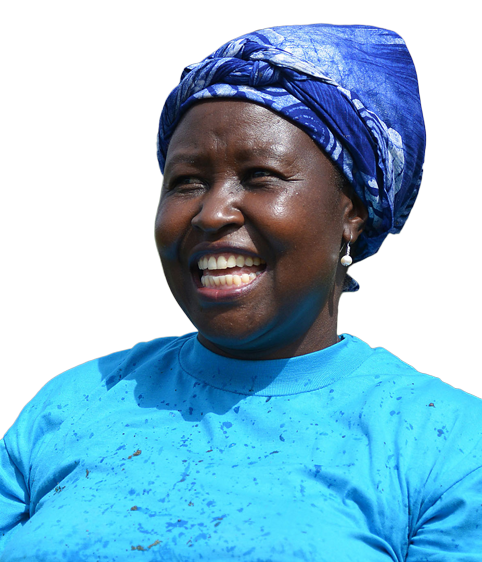
FAO works with governments and partners to empower some of the world’s most marginalized people to end rural poverty.

FAO helps ensure food security by developing ways of growing food that will work in the future so that millions of people don’t go hungry.
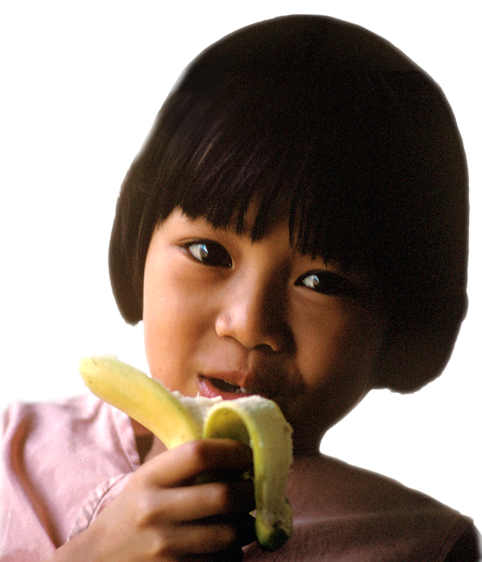
Good health starts with nutrition. FAO sets global standards and works with governments and the private sector to ensure food quality and safety throughout the food chain.

FAO invests in educational systems for rural communities and supports improved access to primary education and school meals in order to create equal opportunities for all and chances of lifelong learning.

FAO supports gender equality in the agricultural sector in an effort to raise levels of nutrition in local communities and improve agricultural productivity.
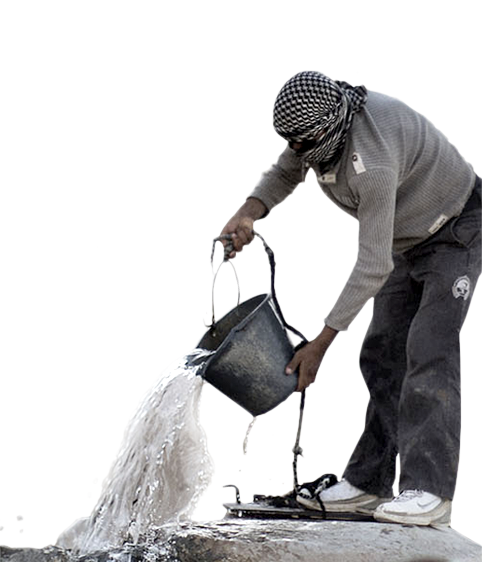
FAO works with governments to ensure water use in agriculture is made more efficient, equitable and environmentally friendly.
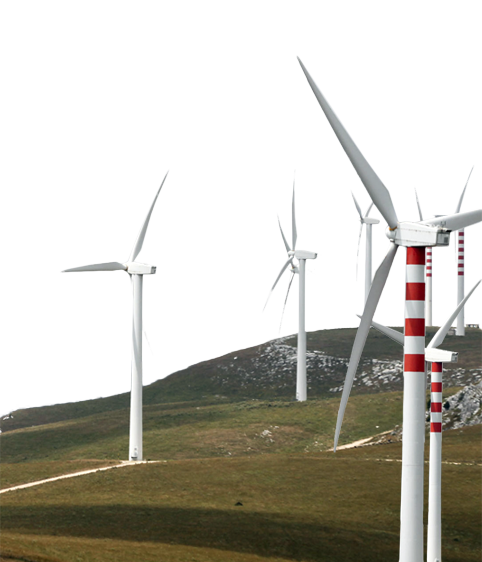
FAO promotes the use of renewable energies and works to ensure access to modern energy services across the food chain.
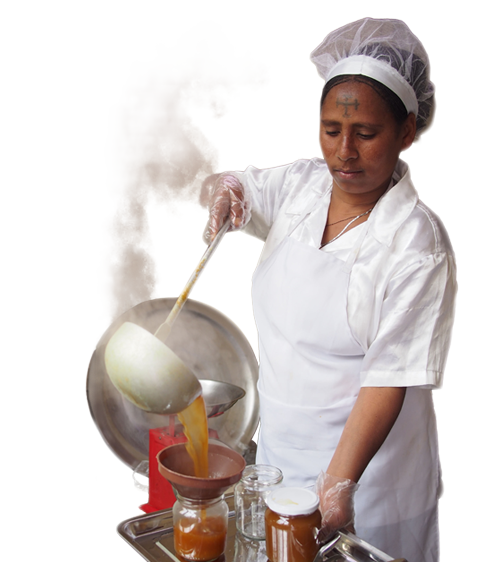
FAO seeks better economic opportunities for all by investing in sustainable agricultural practices and food systems that reduce inequalities and create decent jobs.
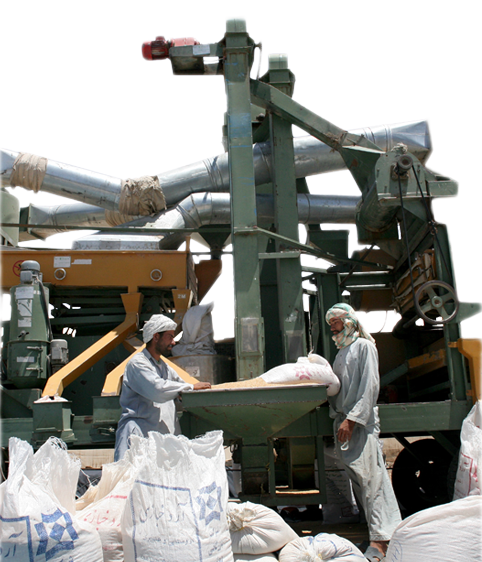
FAO seeks to secure a future for rural communities via investments in transportation, irrigation, food storage facilities and communication technologies.
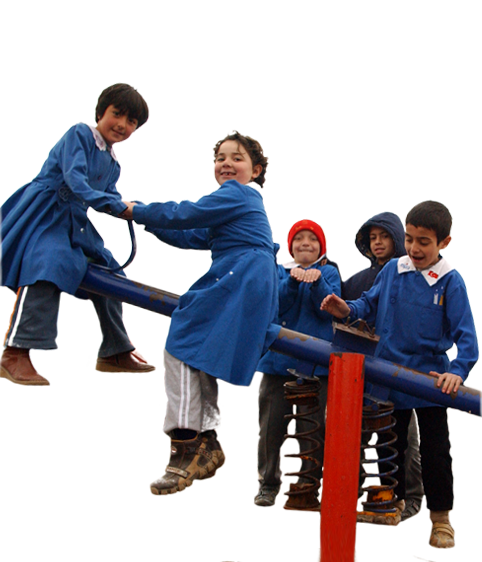
FAO works with countries and partners to generate employment in rural areas, ensure access to natural resources for the most vulnerable and connect farmers to markets.

FAO works to improve urban healthcare, water quality and rethink city region food systems to help deter the negative effects of sprawling urbanisation.
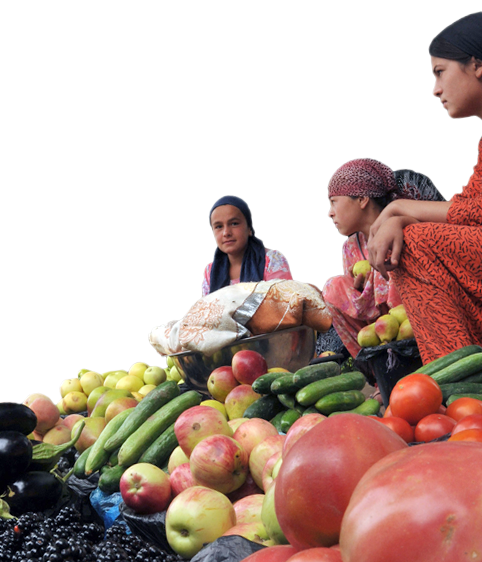
FAO coordinates major global initiatives and projects to tackle food waste and loss, partnering with international organisations, the private sector and civil society.
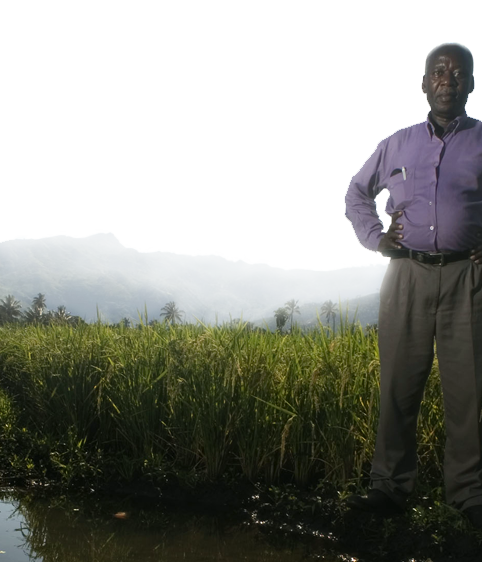
FAO supports countries in responding to the threats of climate change by providing advice, data and tools for better agricultural policies and practices.
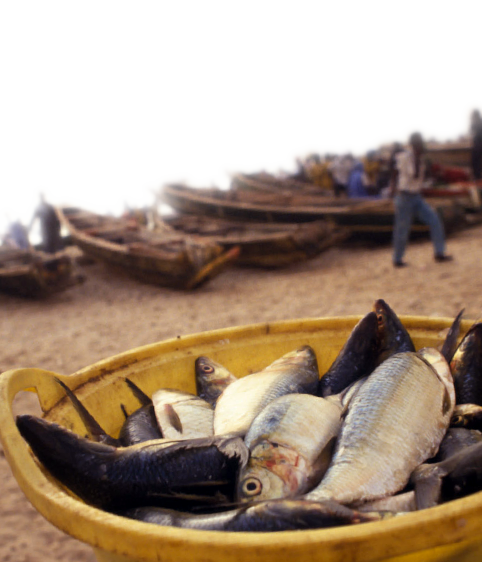
FAO, in partnership with governments and fishing communities, implements best practices in fisheries to ensure our oceans are protected as a means of livelihoods.
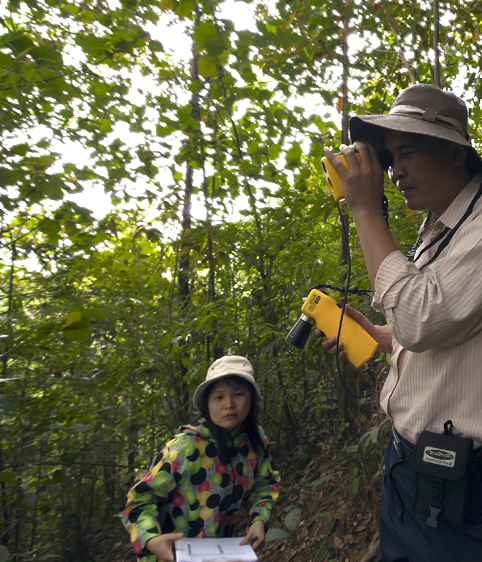
FAO promotes sustainable approaches to natural resource management and supports endeavours that promote a balance between conservation and development initiatives.
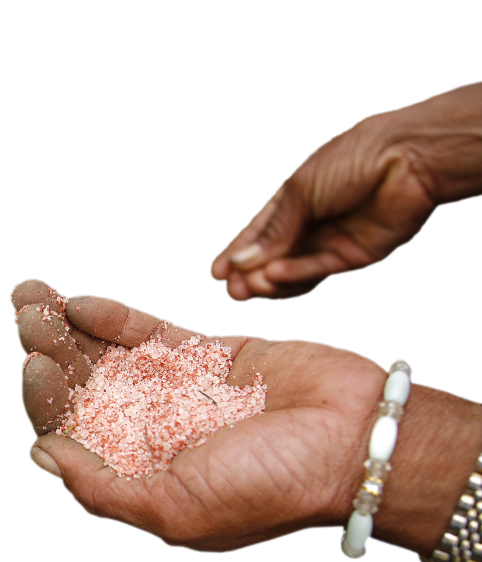
FAO plays a critical role in peacebuilding, restoring rural livelihoods, building resilience and participatory approaches to policymaking.
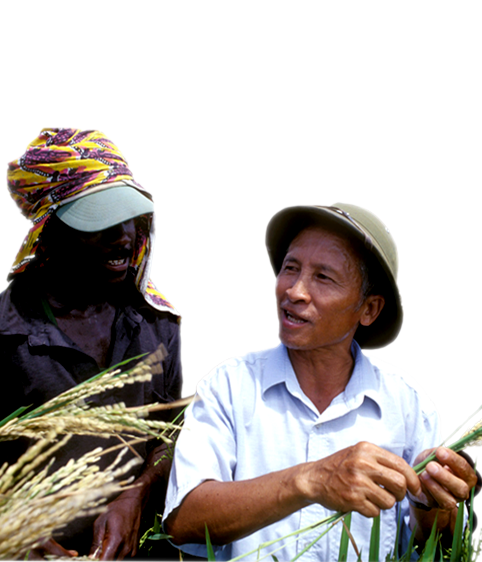
FAO acts as a neutral policymaking forum and develops partnerships with all concerned with food and agriculture to ensure a world free from hunger.


















Globally Important Agricultural Heritage Systems.
FAO Brief - Food crises, maize shortfall, and FPI
In this episode, the 2024 Global Report on Food Crises; FAO warns about a shortfall in maize production in Southern Africa; and the Food Price Index.

